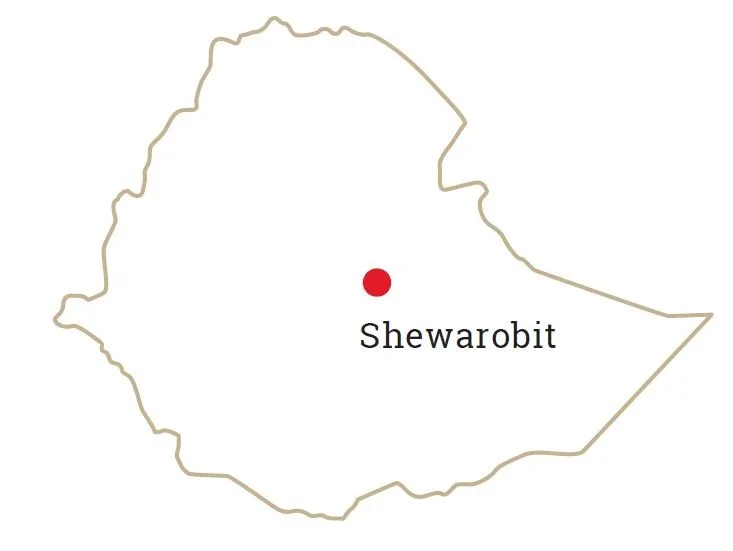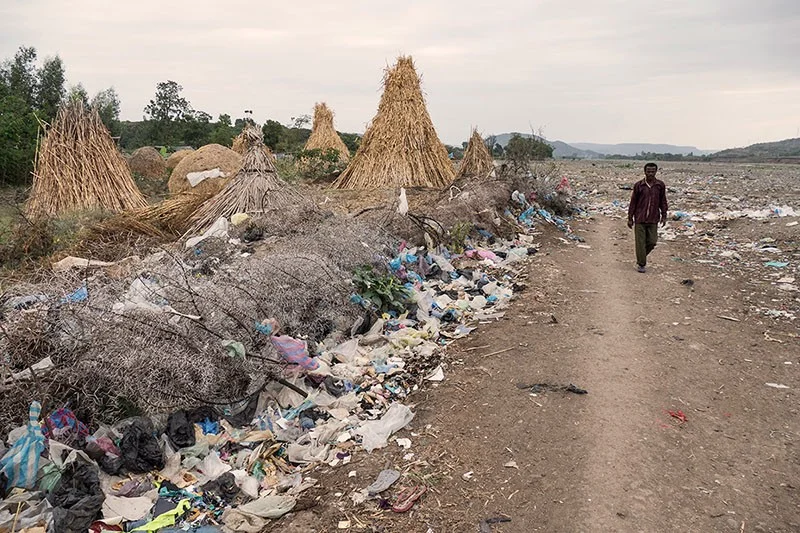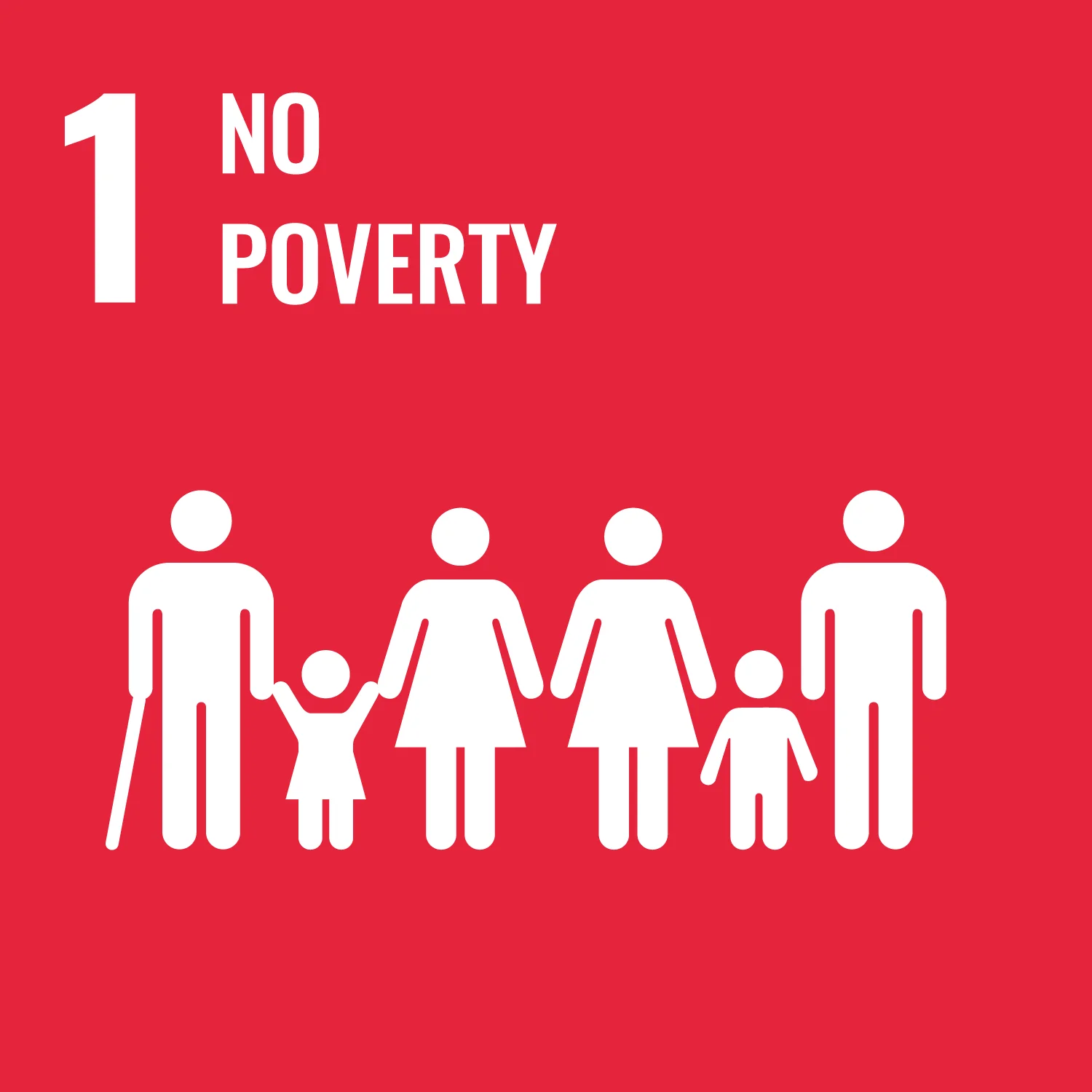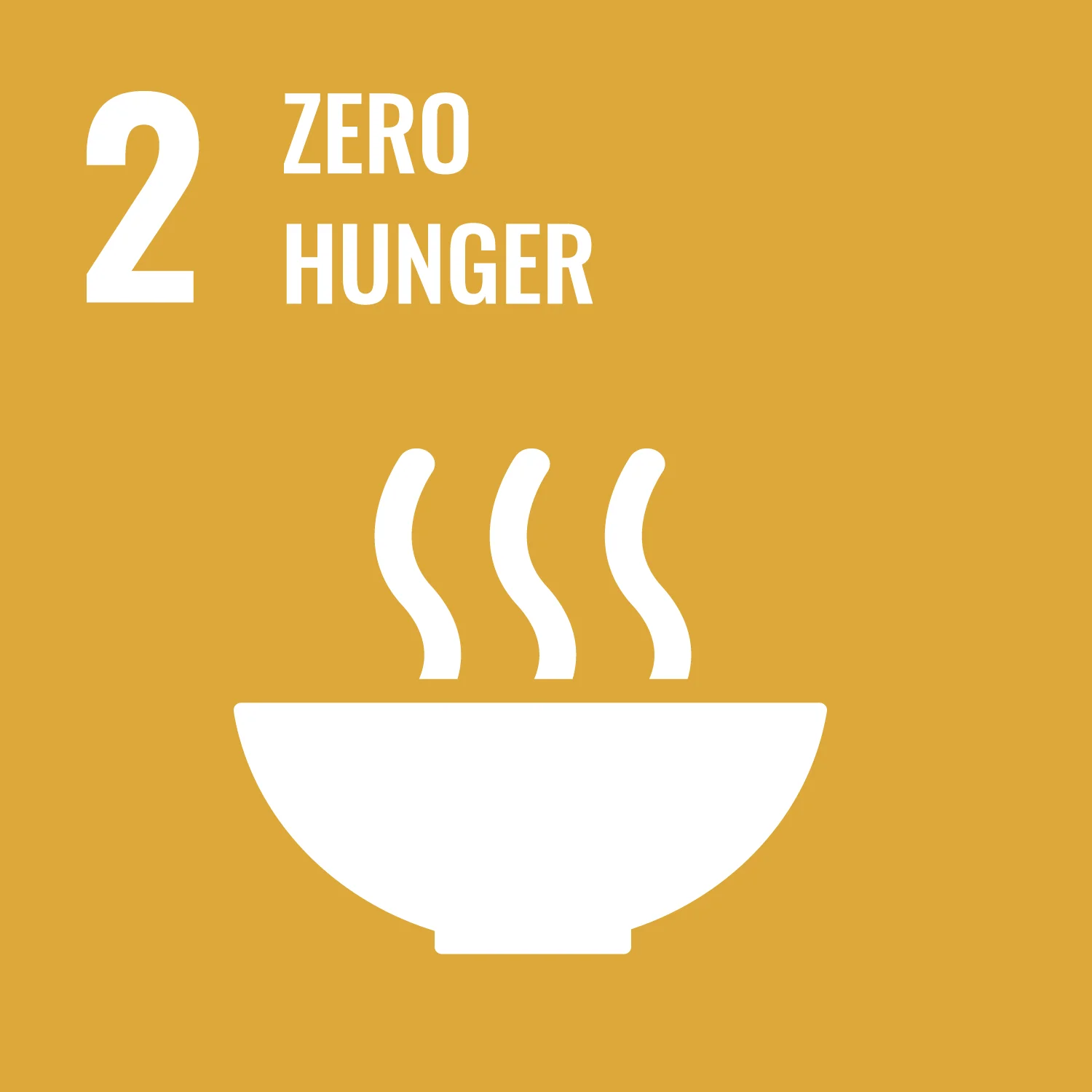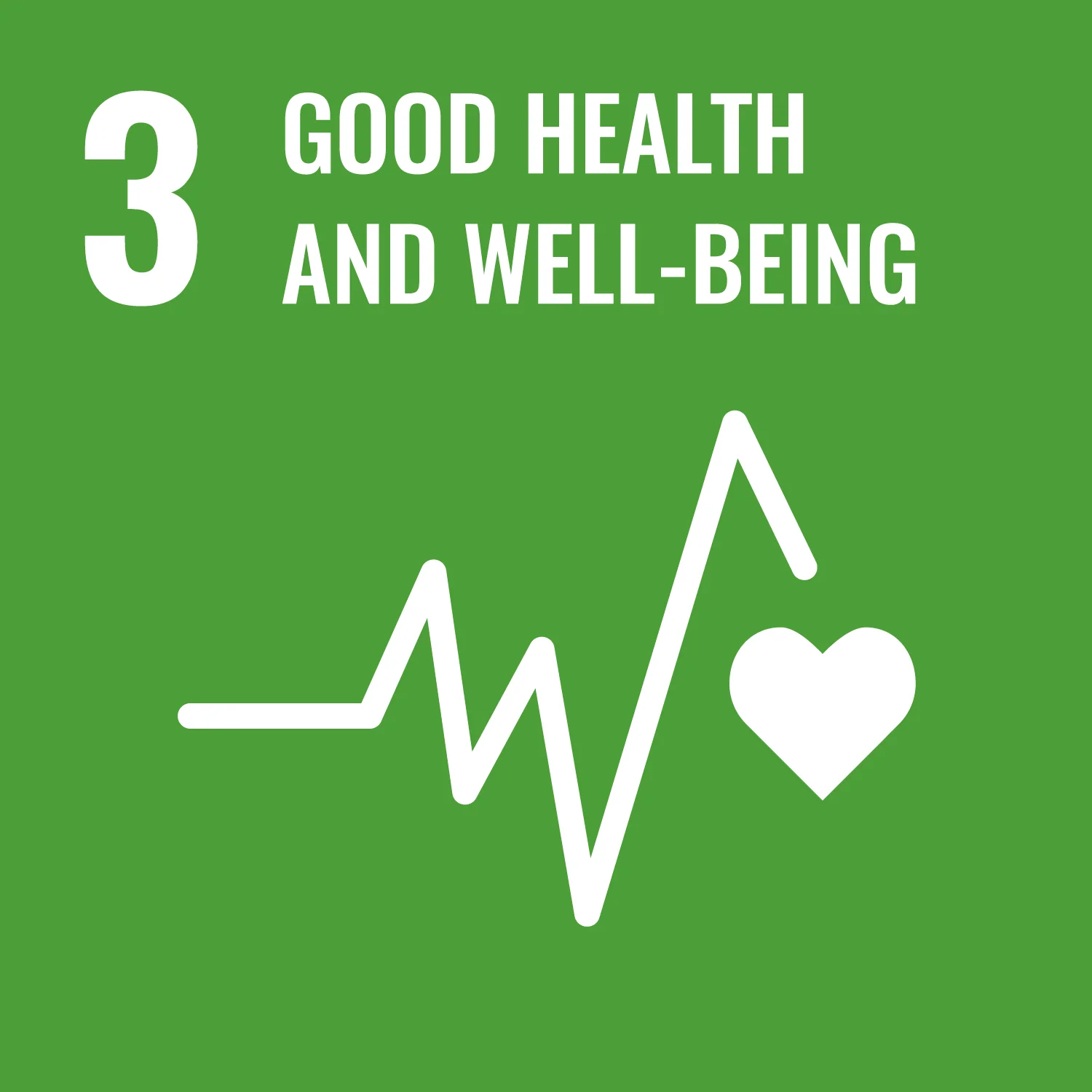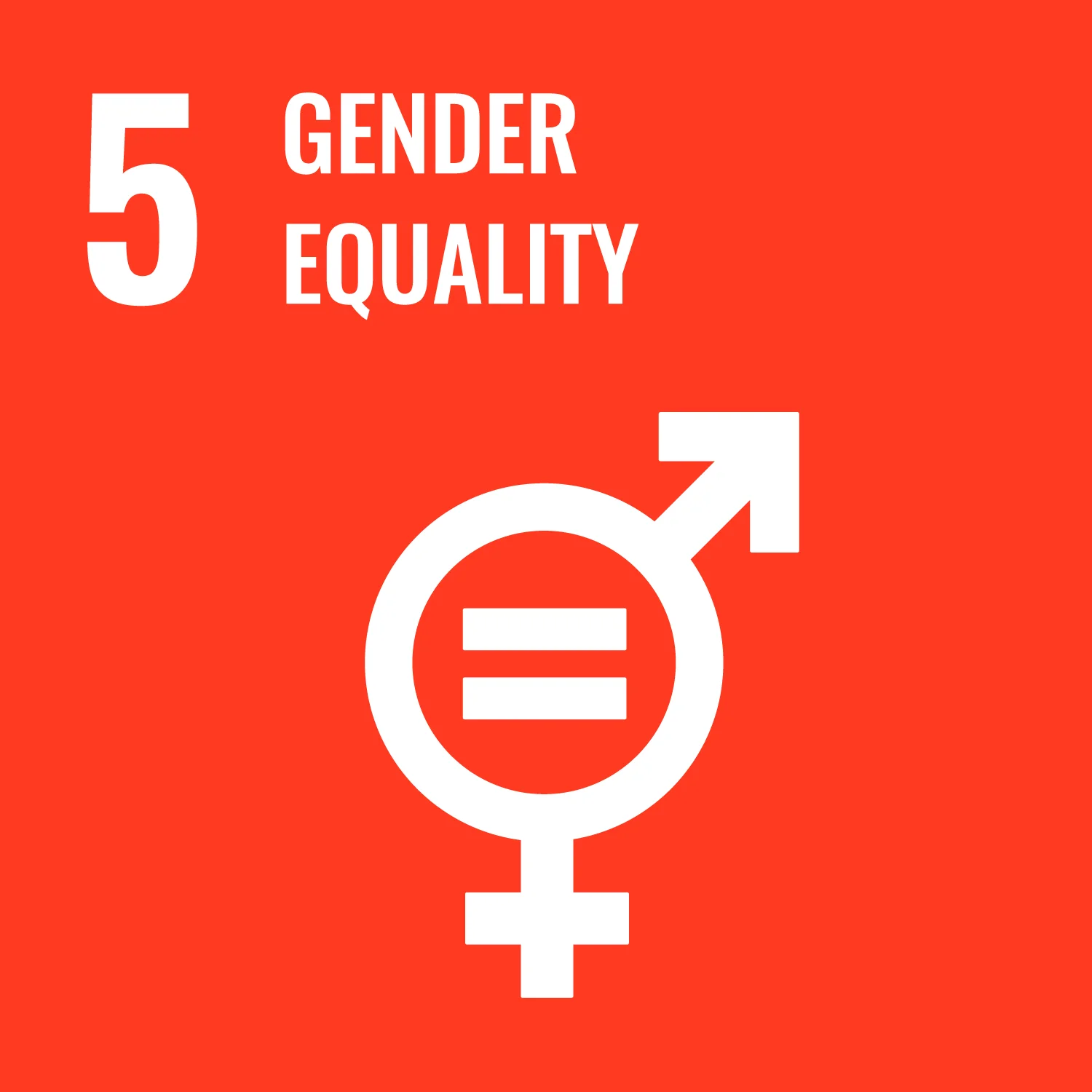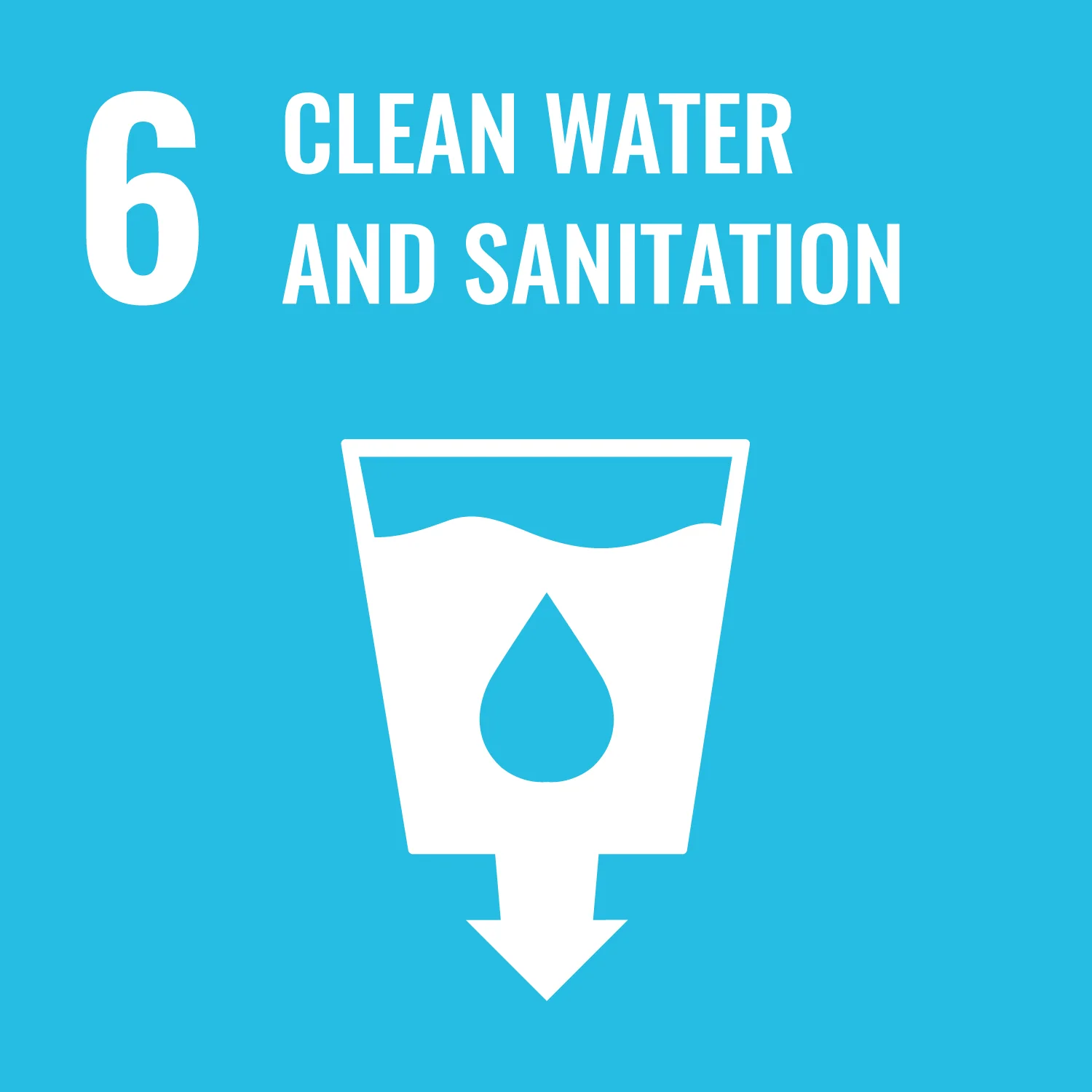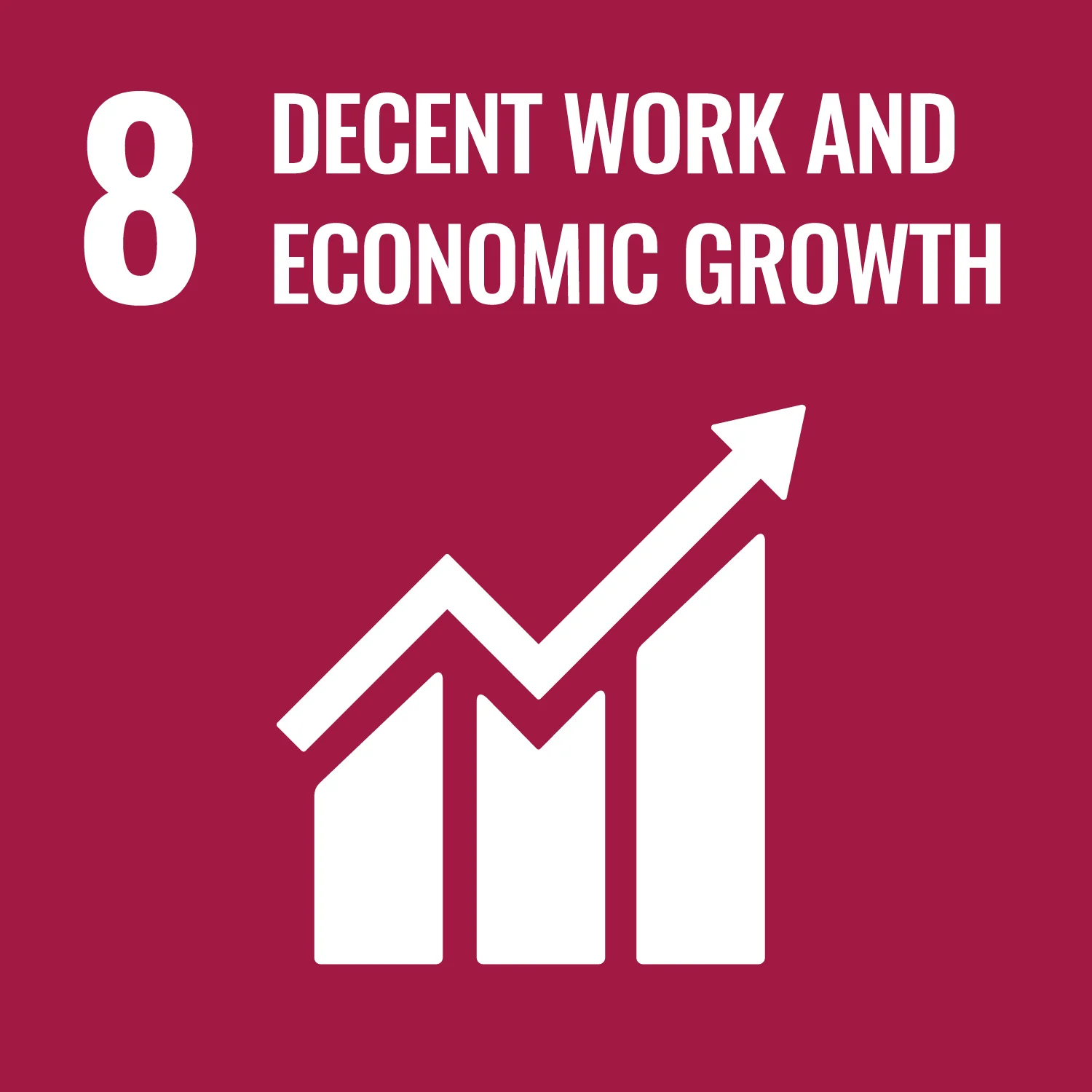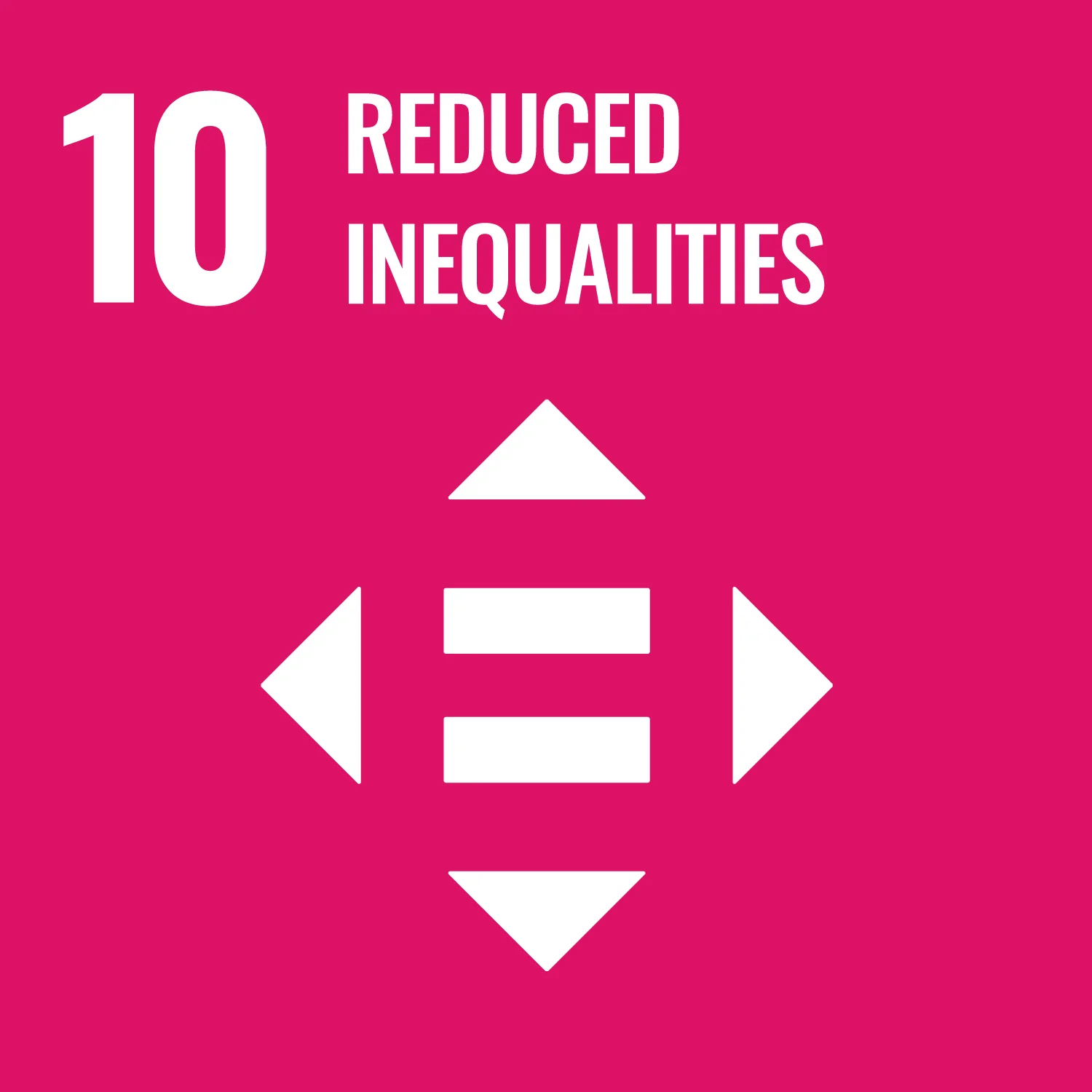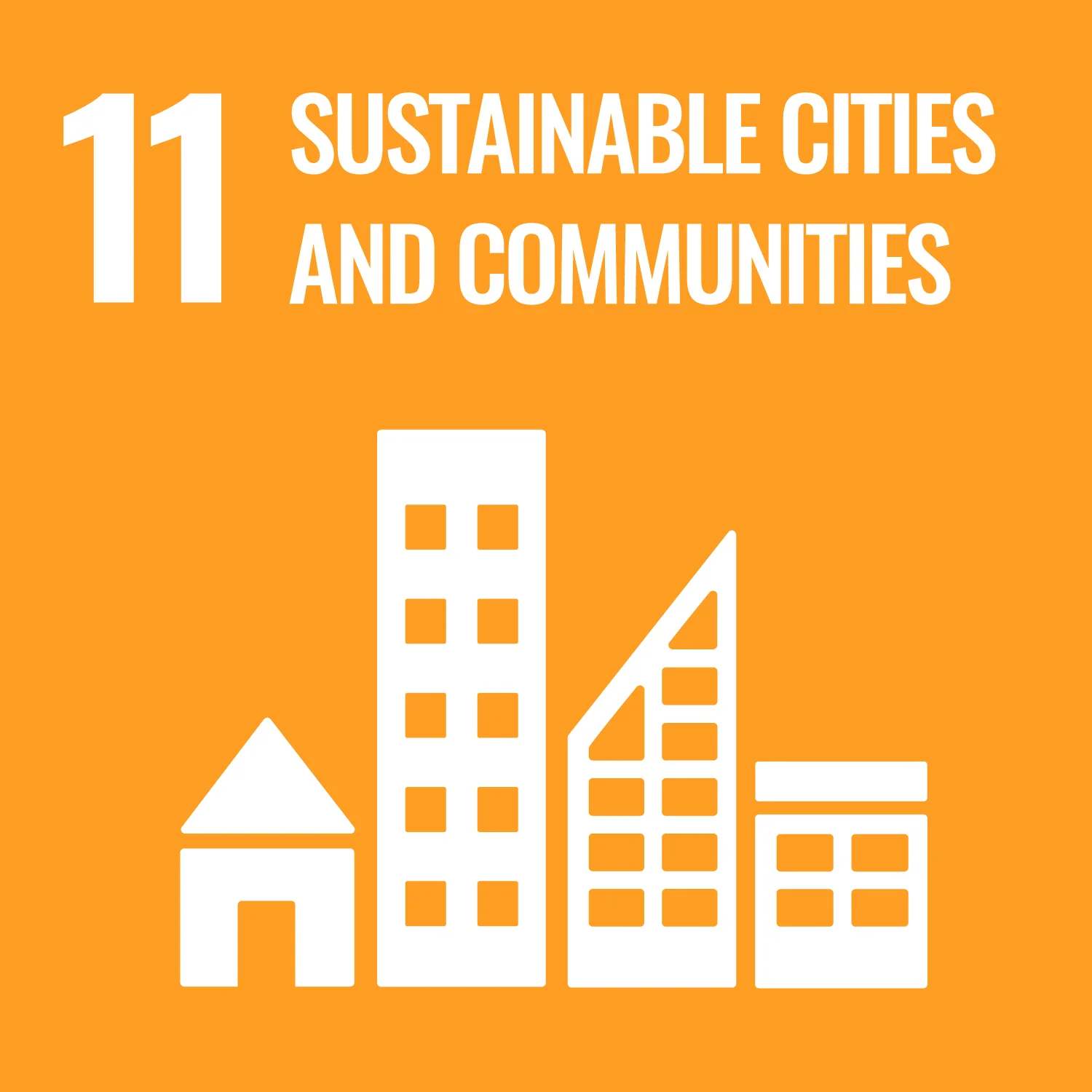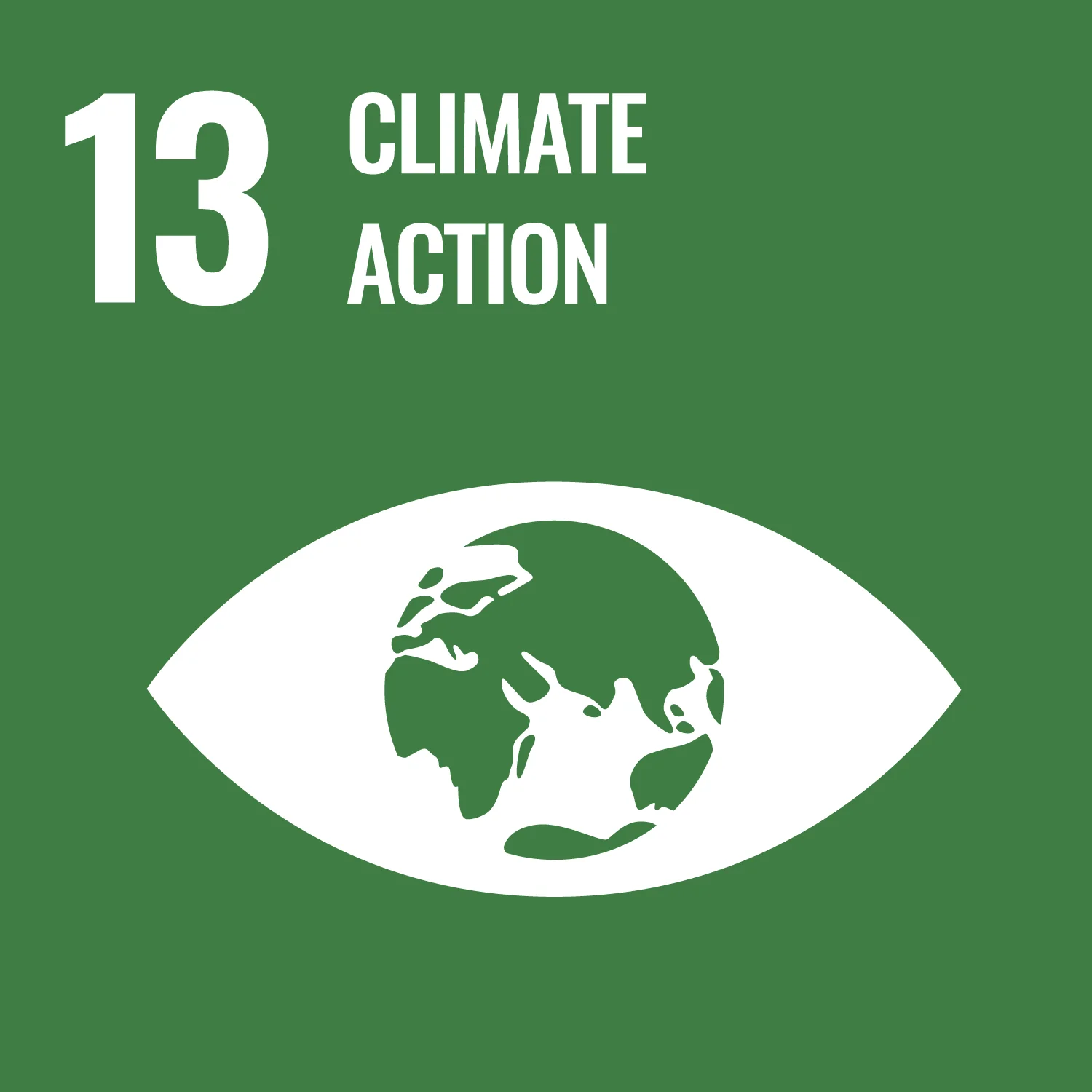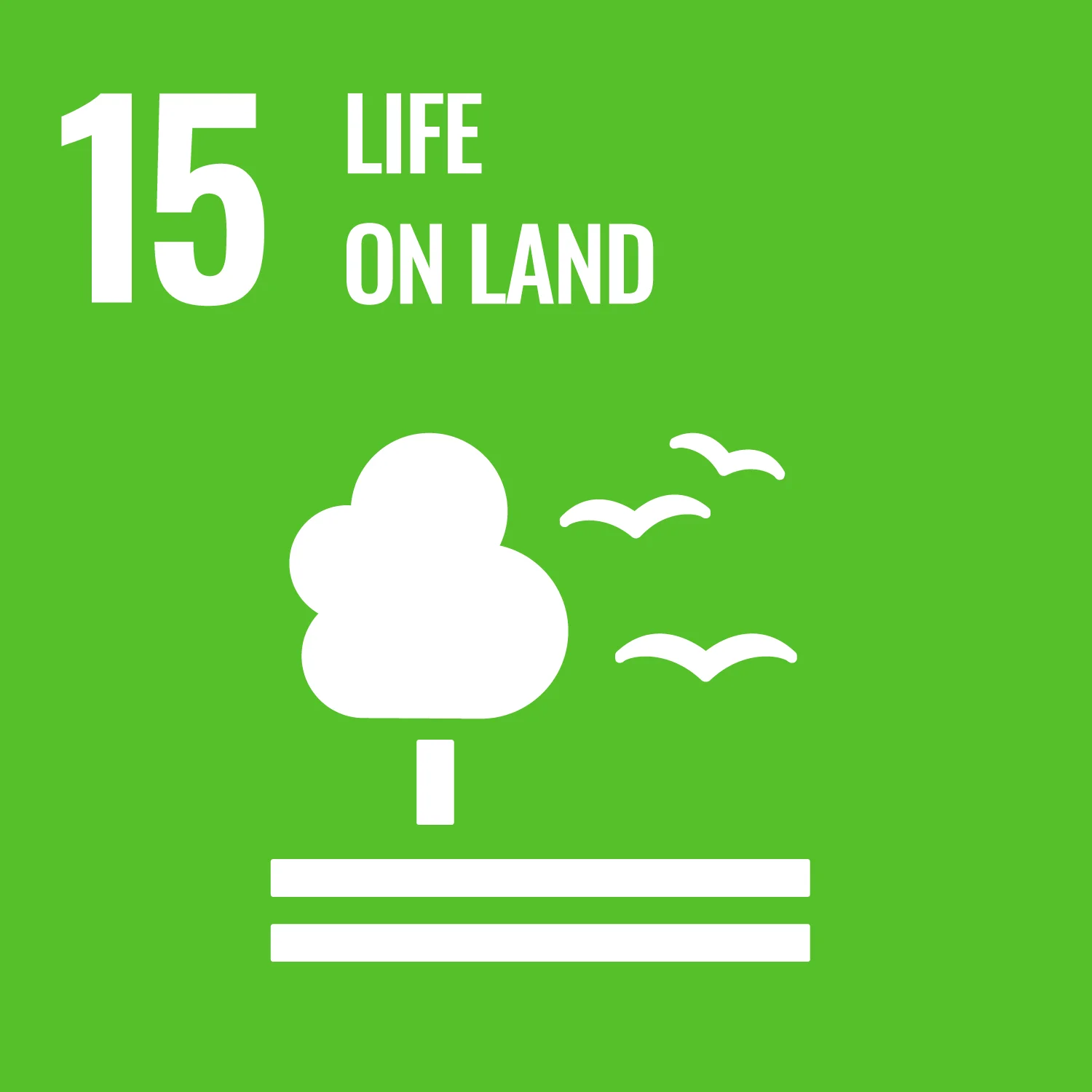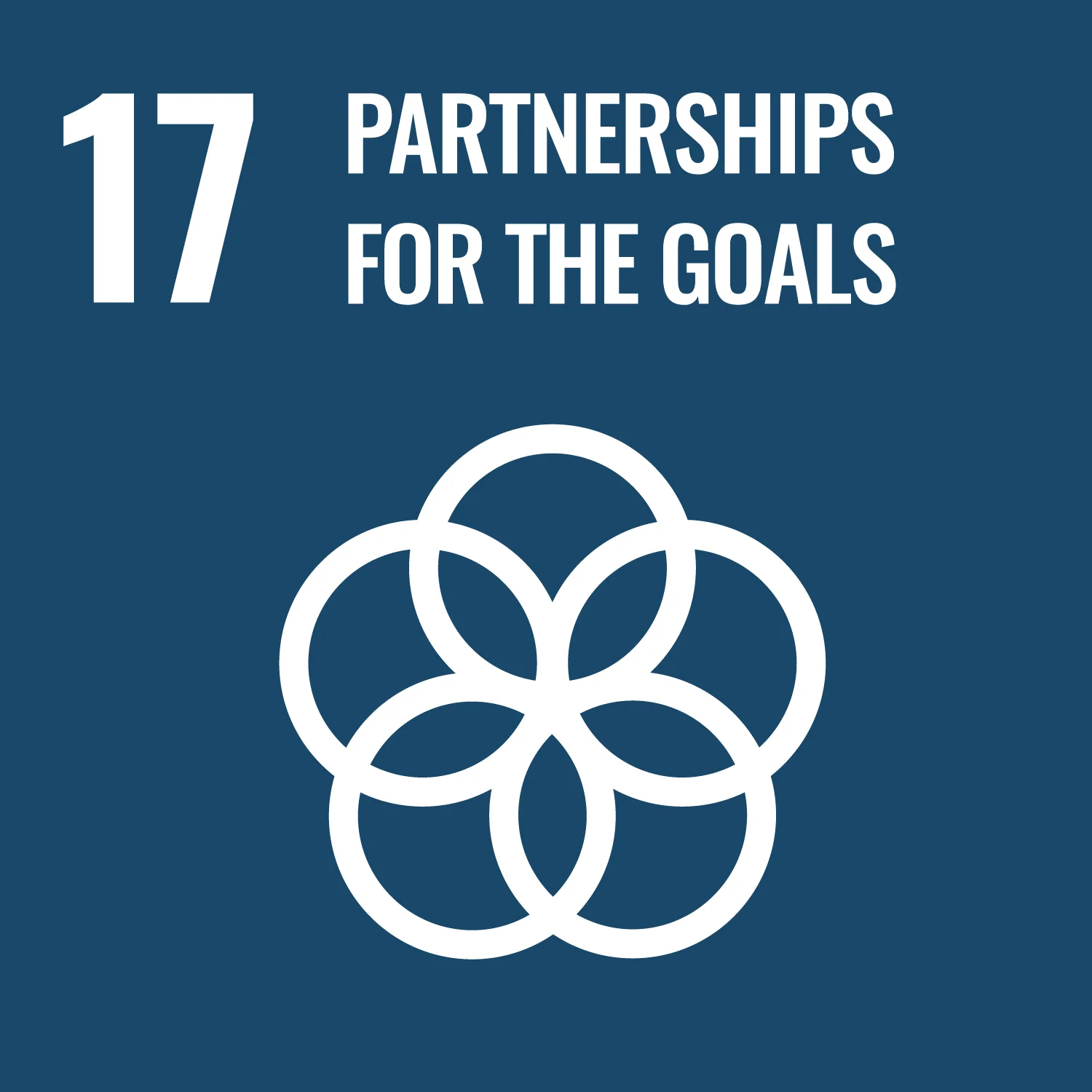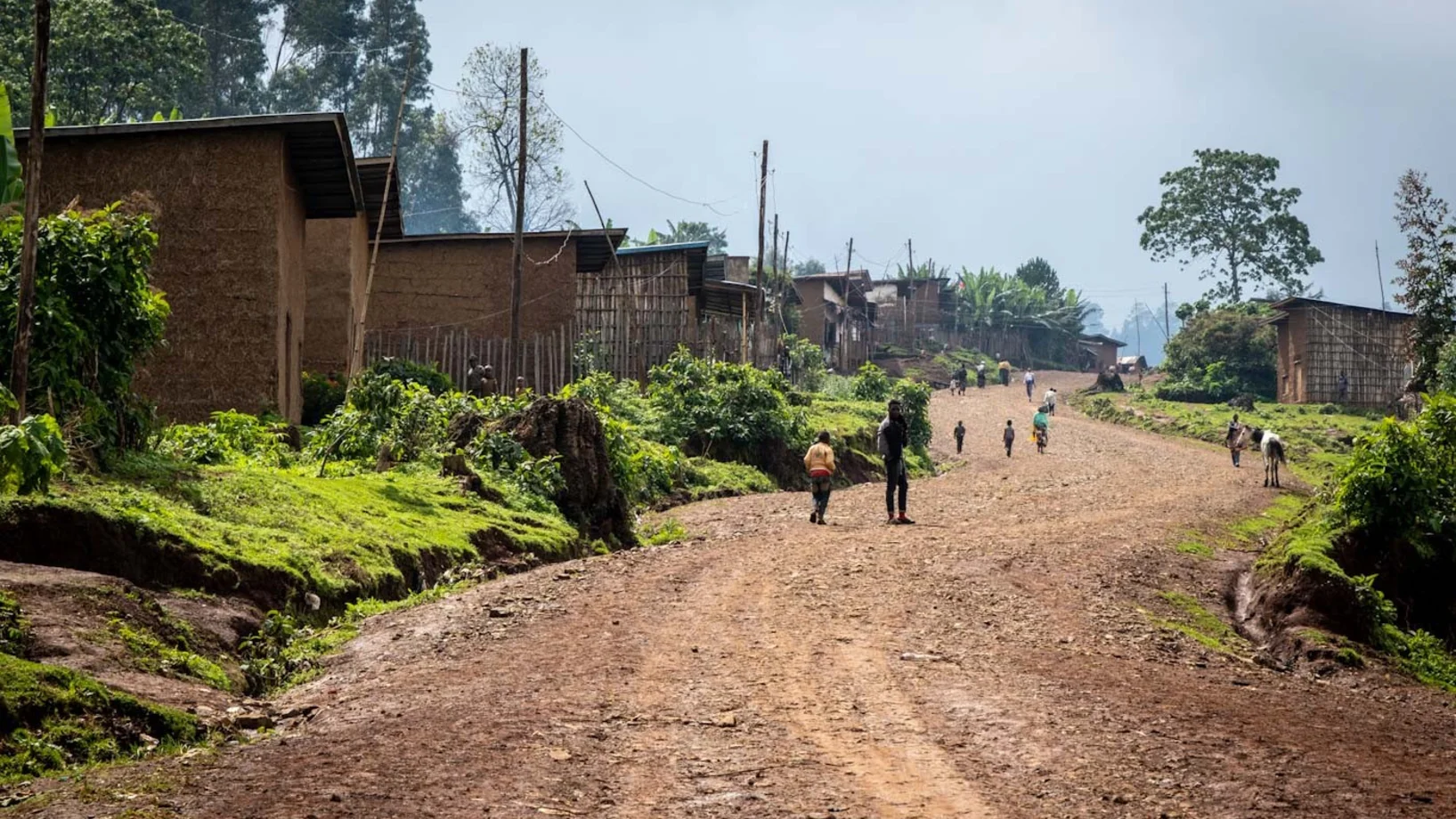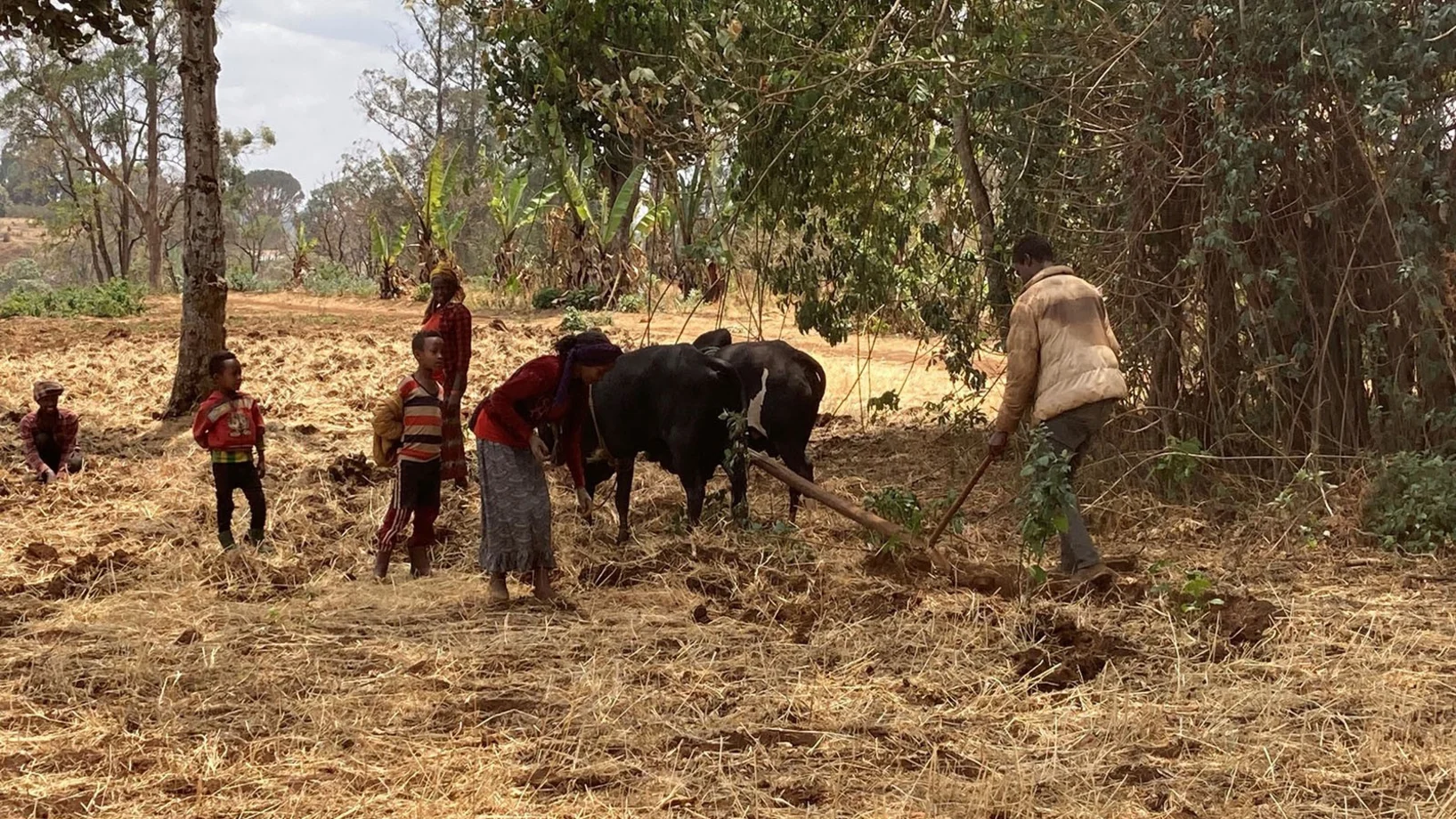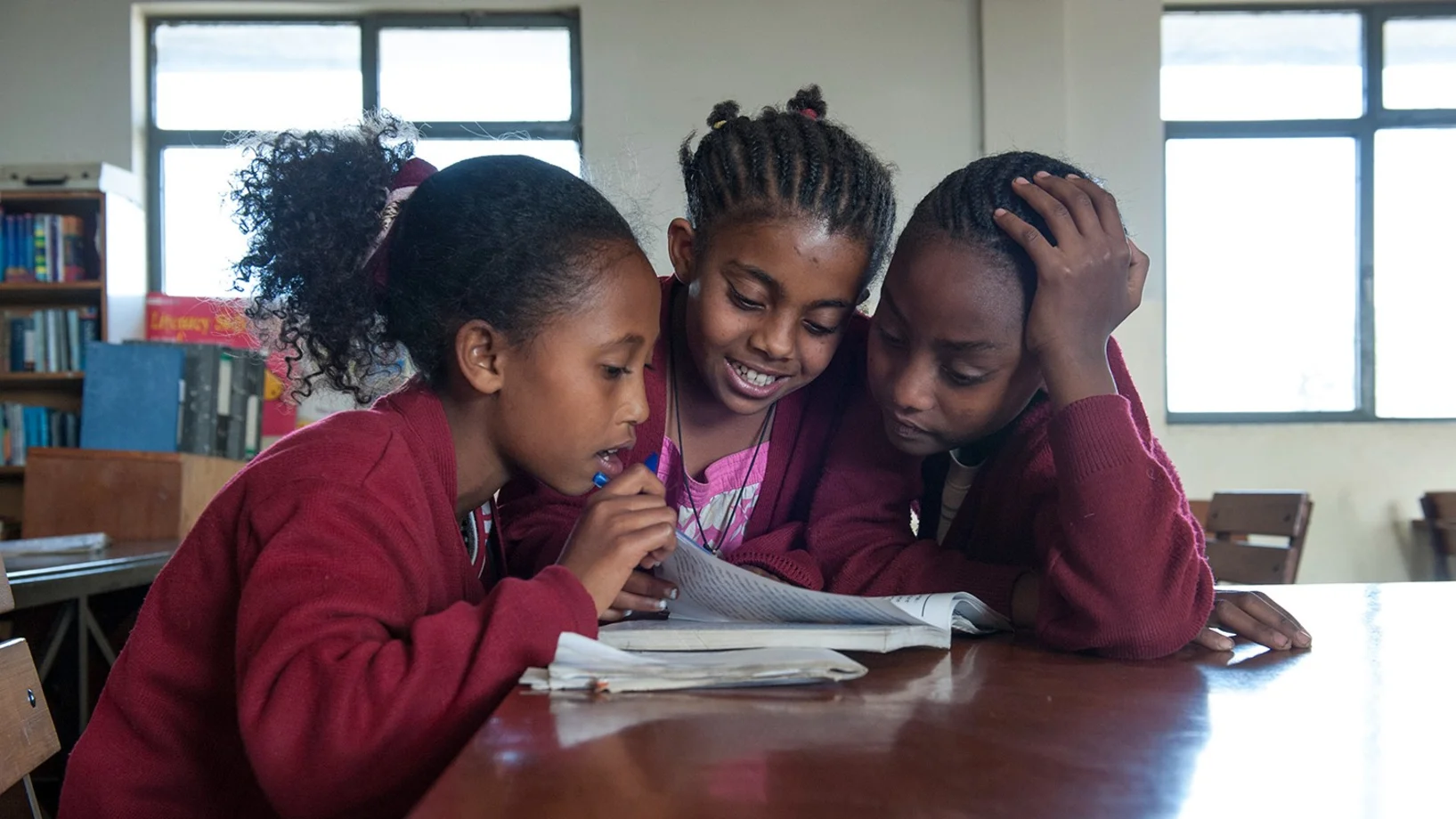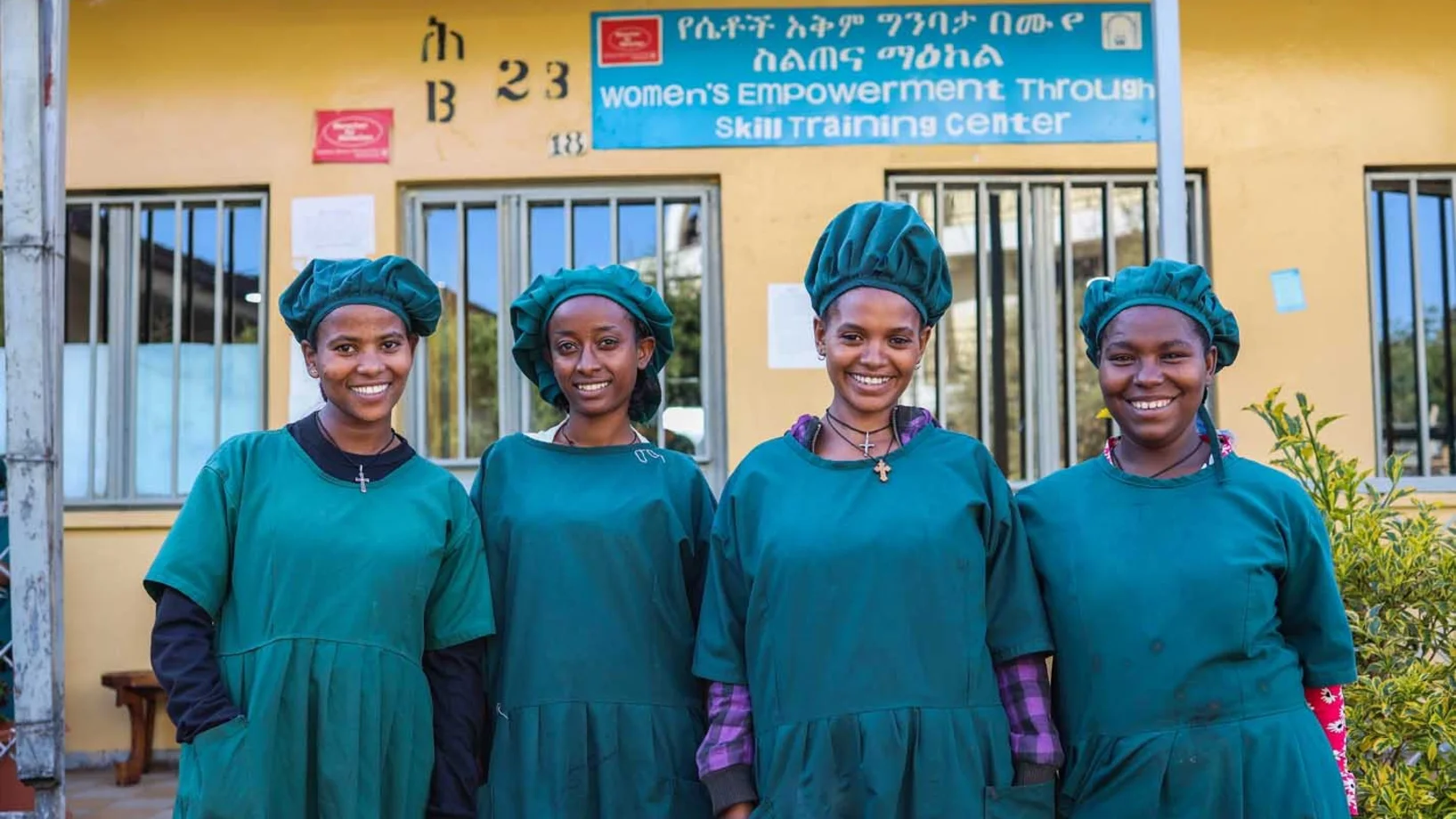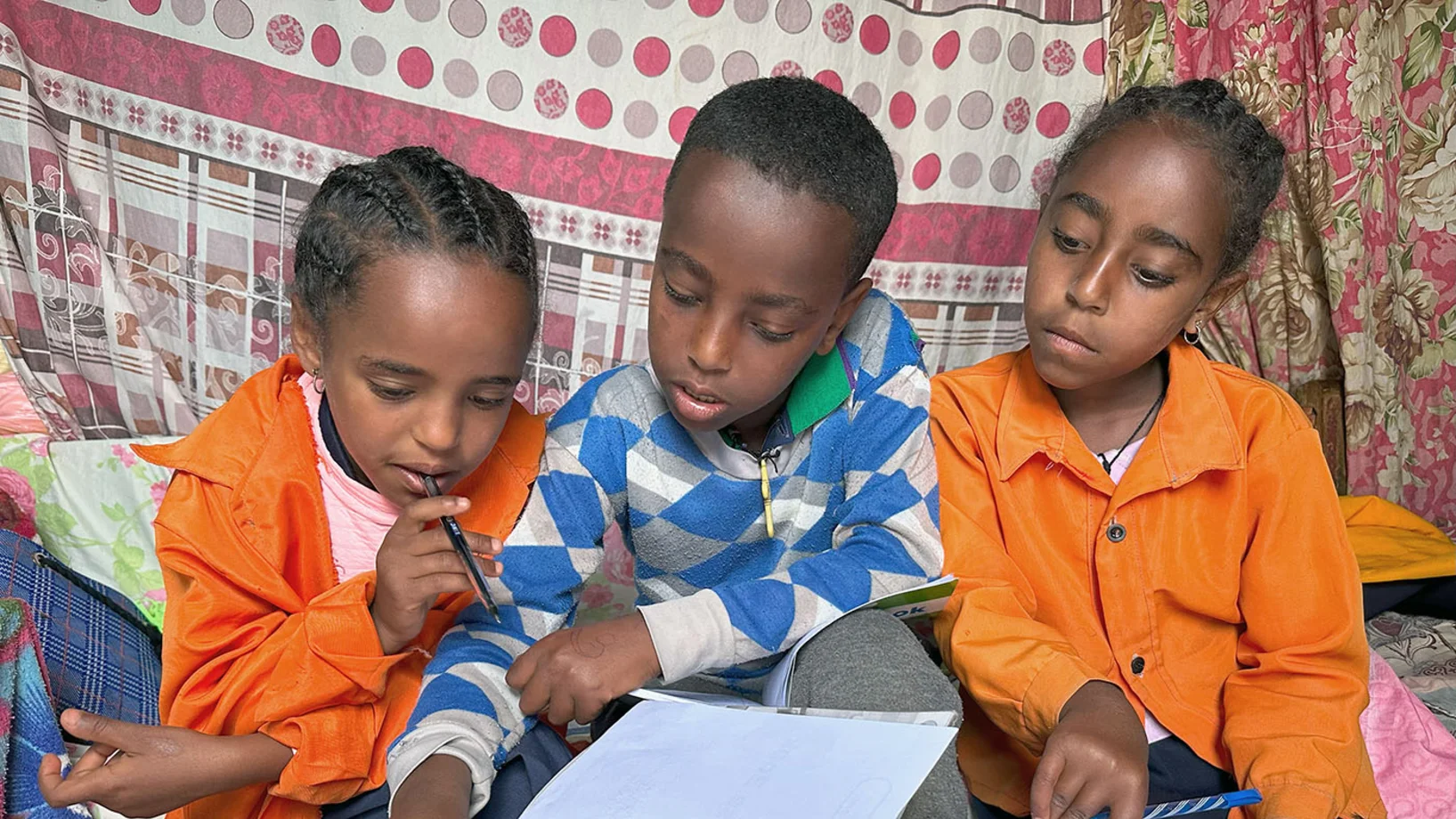Project goals
The terrible sanitation situation is being improved with innovative approaches. At the same time, poor people are finding ways to earn money - especially prostitutes are finding an alternative to their previous livelihood. Our specific goals are as follows:
- Reduction of cases of illness caused by poor hygiene by 50 percent
- Reducing pollution in urban areas by 60 percent
- Prostitution will be reduced by 20 percent
- job opportunities for at least 200 young women and men
- The consumption of firewood is reduced by 20 percent
The project
Menschen für Menschen is improving the situation with innovative WASH measures (the abbreviation stands for "water, sanitation and hygiene"). The foundation is building community toilets for hundreds of families in the city of 50,000 inhabitants together with its local partner: Usually, facilities with twelve cubicles are built. Three families share the key to each cubicle.
In so-called WASH cafes, city residents and travelers in the traffic junction can use toilets and showers for a small fee. Wastewater is collected in underground tanks. The biogas produced there is used to operate the attached restaurant kitchen.
These restaurants are run by women's cooperatives. This makes the sanitation project an innovative measure for promoting women and the economy. Former prostitutes in particular find an alternative source of income there.
Destitute residents who have no other source of income can organize themselves into new cooperatives whose goal is to remove or recycle garbage: the waste is to be used to make briquettes for daily cooking fires. Menschen für Menschen and EDA support the cooperatives with business and craft courses and the necessary work equipment.
Sustainable Development Goals (SDGs)
With the 2030 Agenda, the United Nations has formulated 17 goals for sustainable development. The Sustainable Development Goals (SDGs) are a roadmap for the future that enables a dignified life while preserving the natural foundations of life. With this project, we have contributed to achieving the following goals:

